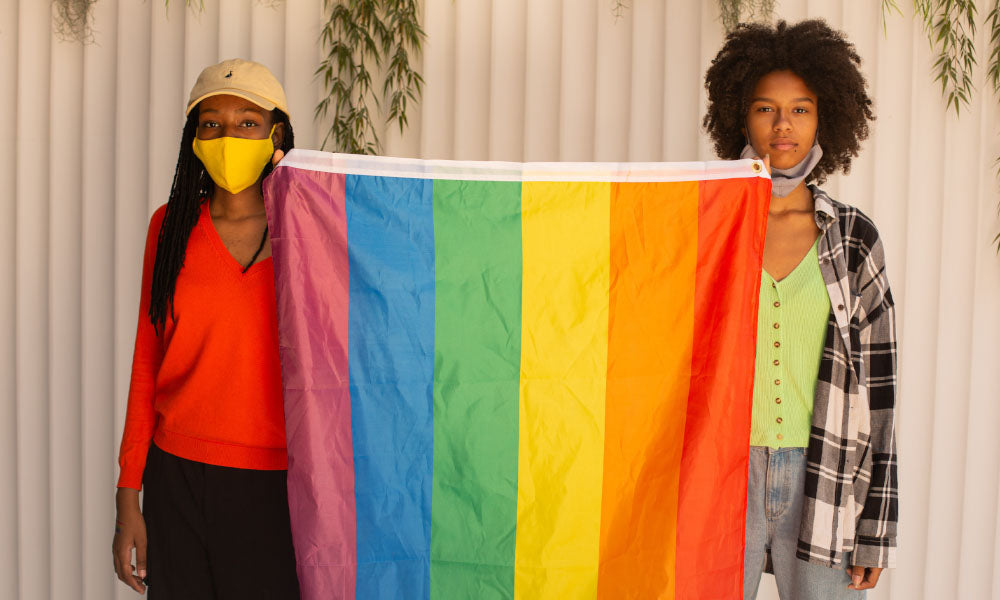Queer and trans youth are coming out at earlier and earlier ages, and there aren't a lot of roadmaps for how to navigate this hugely important milestone.
Thanks to social media, we see lots of heartwarming stories of how parents react when their youth come out. While these provide all the warm feels, they shouldn't serve as a guide for how you should respond if and/or when your youth comes out. For example, if your youth confides to you that they are trans, and you think it would be super supportive to put a new birth announcement in the local paper, you should probably reconsider.
Here are some tips for how to respond when your youth comes out:
1 | Let them tell you.
Chances are good that they have spent a long time exploring their identities and struggling to get to a point where they could share it with you. Youth in Vermont (where I live and work) frequently face family rejection – from getting kicked out of the house to active misgendering to complete disbelief.
Youth are terrified that family will no longer love and support them after finding out they identify as something other than straight and/or cisgender. When a young person trusts you enough to come out, thank them! This is a big deal. Let them tell you what their truth is, using the words that are important to them. Don't take this transformative moment away from them.
Also, let them tell other people! Just because they told you doesn’t mean you have the right to tell other people. Ask your youth what they need and work hard to meet those needs.
2 | Love them always.
One of the biggest fears youth face about coming out is the risk of losing the people that mean the most. If your youth comes out to you, the first words out of your mouth should be: "Thank you for telling me. I love you."
The process of coming out can be filled with anxiety and fear. Remind them that you love them no matter what, without question. Even if your initial feelings are OMG-this-is-so-hard and how-can-I-love-someone-queer-and/or-trans, that is not a conversation to have with your youth. Find another trusted adult to work through that with. Your job is to love your child – and to make sure they know it – no matter what.
3 | Let go of stereotypes.
It doesn't matter if you've suspected since your youth was four, if you caught your daughter making out with girls at age 13, or if your son talks with a lisp and prefers drama to football: You don't know someone's identity until they tell you themselves. Let go of stereotypes and never tell your youth that you’ve always known something about their identity until they tell you themselves.
4 | "When someone tells you who they are, believe them." - Maya Angelou
If your youth (or anyone in your life, really) tells you something about their identity, your job is to believe them. You can have questions, you can ask for clarification, but if you find yourself asking questions that start with: "Have you considered..." or, "You're probably too young..." or otherwise suggest disbelief, please reconsider and go find another adult to talk to.
It's okay to have a learning curve when ingesting new information, but youth shouldn’t be burdened with those growing pains. Your youth shouldn't have to convince you that who they are is real. Believe them. Let them tell you what they need.
Finally:
Coming out is hard. If your child trusts you enough to share this information with you, congratulations! It takes time and lots of education to become a strong ally to the queer and trans community, which now includes your child. It is your job to learn all you can, and not your child's job to teach you.
Ready? You’ve totally got this. High five!



